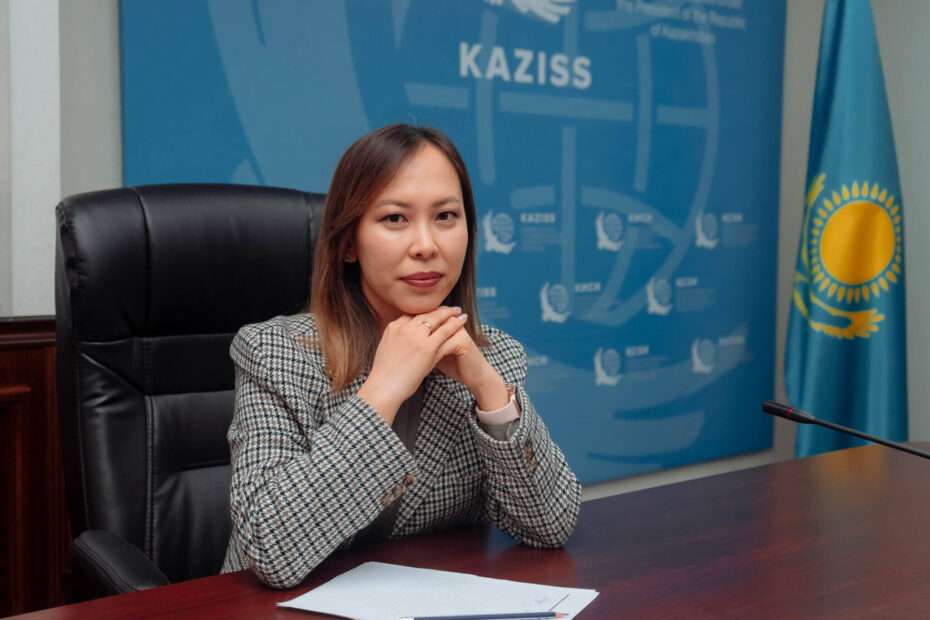The world has changed over the past years. Knowledge, knowledge of information and technology are becoming important resources in modern society. Science makes a significant contribution to the production of knowledge, promotes development and helps countries become more competitive in the global race.
The value of education and scientific knowledge is a priority in Kazakhstan’s society. According to the data, the level of education of citizens is growing. Thus, in 2010, the education of the employed population in Kazakhstan was mainly at the secondary level (42%), in 2021 the number of people with technical and vocational education – 43%, higher education – 40%. Along with the growth of intelligence, the number of Kazakhstanis working directly in the field of science has increased. In the early 2000s, the number of science workers did not exceed 15 thousand people, and in 2022 this figure increased to 22.5 thousand. It should be noted that not only quantitative indicators are growing, but also qualitative ones. Thus, in the structure of scientific workers, the number of those who have a scientific degree has increased. Doctors of science – 8%, doctors of Philosophy PhD – 11% and candidates of science – 18%.
Interestingly, the gender representation of science workers is also changing. Many women have academic qualifications and work in a scientific field that has long been the prerogative of men. According to UNESCO, women make up about 30% of research workers around the world. Progress is especially noticeable in some sub-sectors, such as the Life sciences industry, where women make up 49% of the global workforce. The gap in relation to the increase in the number of women in Kazakhstan has intensified over the past decade. According to statistics, in 2013, the ratio of women/men in terms of the number of research specialists – 51.5% was also 48.5%, in 2021 there were 54.5% women and 45.5% men.
However, although these studies and indicate that the gender orientation of actions may change, the positions of women in them are still lower than that of men. An important step in this direction was the appointment of Kunsulu Zakaria as president of the National Academy of Sciences under the president of the Republic of Kazakhstan by the order of the head of state. This is the second case in the history of the Academy of Sciences when a woman was appointed to this position. Currently, the representation of women among academicians of the NAS RK is only 10%, among corresponding members-a little more – 22.4%. These data are related to the general global trend, in which, according to UNESCO, only 12% of the members of the National Academies of Sciences are women. At the same time, in low-income countries, their share is even smaller. However, realizing the value of Science and scientific knowledge, we must strive for equality of opportunities and the involvement of various categories of citizens in science.
Gulnaz Kassymova,
KSI under the president of the Republic of Kazakhstan
Public opinion research
leading expert of the Department


